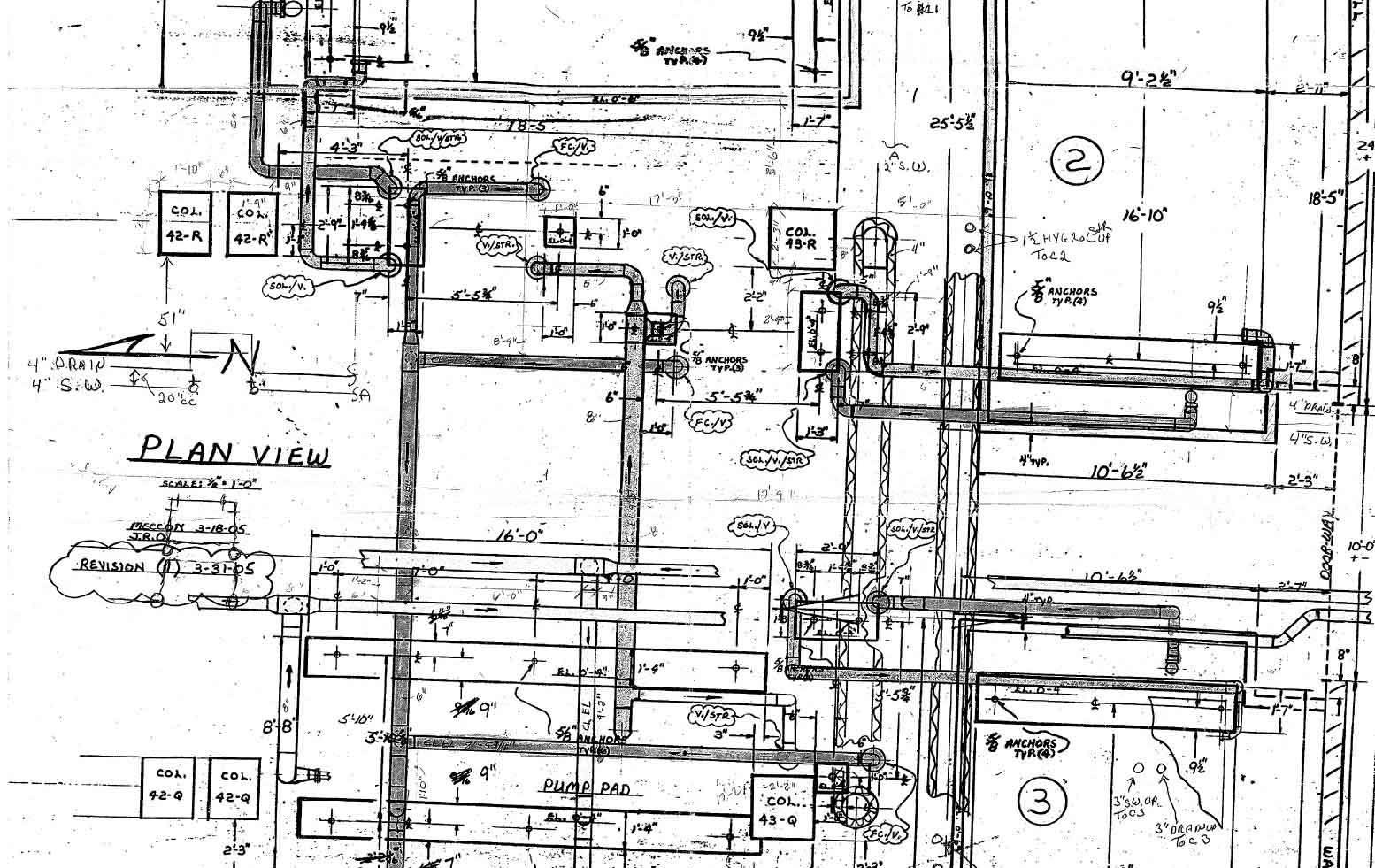
To paraphrase a classic horror movie: “That terrible smell… It’s coming … from inside the house!”
But where in the house is that musty, gassy, rancid, sour, sickly odor stinking up your kitchen or bathroom coming from? The answer could be right under your nose, in a plumbing fixture or appliance that you use every day.
Here’s how to identify – and treat – the source of five all-too-common odors around your Red Oak home; think of this as your one-stop shop for guidance for when...
Your Garbage Disposal Stinks
If you’ve taken out the trash and scrubbed all over, yet you still can’t seem to combat the source of a lingering kitchen odor, the issue may be in your garbage disposal. While most of us prefer to take an “out of sight, out of mind” approach to our disposals, the reality is that many foul substances go through our units every single day; combine that with moisture, and you’ve got a prime recipe for stench, caused by rotting food, accumulated mold, or even a sludgy backup or blockage.
To get rid of that odor, start simple: Attempt to clean your garbage disposal mechanism with an easy green solution, such as baking soda and vinegar, ice and salt, or even odor-fighting lemon juice. If you can’t seem to get rid of the stink on your own, there may be a mechanical problem that requires the services of a professional, so don’t hesitate to call in the pros.
Your Dishwasher Has Gotten Funky
Like our garbage disposals, our dishwashers are supposed to be “set it and forget it” appliances; we load them up and press the button, and they magically do the cleaning.
Of course, there’s nothing magical behind the process that gets the grime and odor off of your pots, pans, and plates, and, without regular maintenance, our dishwashers can also go from fresh to foul over time, as a result of a clogged or gunky screen, mildew growth, or a blocked drain hose.
Be sure to regularly wipe down the inside of your dishwasher with a green cleaning solution, taking care to also remove and clean out your mesh drain screen. If foul, sewage-like smells persist even after a cleaning, the issue may be with the installation of your drain hose or trap, which could be letting dirty water or sewer gas into your unit, respectively.
Your Hot Water Smells Like Rotten Eggs
When you turn on a faucet for refreshingly hot water, do you instead get greeted with water that reeks of sulfur? If you answered yes – and if your cold water seems unaffected or odor-free – then your water heater is likely to blame.
As the anode rod in your water heater corrodes over time and reacts with the bacteria-saturated water in your tank, hydrogen sulfide, or H2S, is released, which can build up and make your warm water reek. To fight back against this rotten, sulfurous smell, you’ll need to fight back against bacteria.
To do so, we recommend pouring a heavily diluted hydrogen peroxide solution (3%) into your flushed water heater, using one cup of peroxide for every 10 gallons of water that your tank holds. When you allow cold water to flow back in, this solution should “treat” your water, killing the bacteria that causes that unwelcome odor.
Your Floor Drains Smell Like Sewage
Can you smell raw sewage emanating from your shower? Or from a floor drain located in your home’s basement or laundry room? The cause of that rancid odor is likely sewer gas, which can creep up through your drains when your traps – designed to stop the spread of this odor by storing water to create a seal – go “dry,” usually due to evaporation.
To stop the smell, dump a large pitcher of warm water directly down the smelly drain, followed by just a little bit of mineral or cooking oil. The water will fill the trap back up, while the oil helps create a floating seal, preventing the water from evaporating as quickly.
Refilled your trap but still getting that gaseous smell? It may be time to call in the pros, since the source of your problem could be as major as a cracked or broken sewer line – an issue that always requires professional help.
Your Home Smells Musty or Danky
If you detect dank, musty smells around your home, you could have the beginnings of a mold or mildew problem; look for visible mold patches or any wet spots around your house. Beware, though – the issue could be too deep-set to see with the naked eye, and a problem that you can detect by sight or smell may be one that you’ve already let go for too long.
For help, be sure to try out some of our tried-and-true methods for fighting back against mold and mildew; you may also want to consider improving the ventilation around your home to prevent any further moisture from building up.
Have any other plumbing problems you’d like us to address? Looking for service today? We’ve seen it all, and we’d love to share our experience with you. Drop us a line today to get started!








